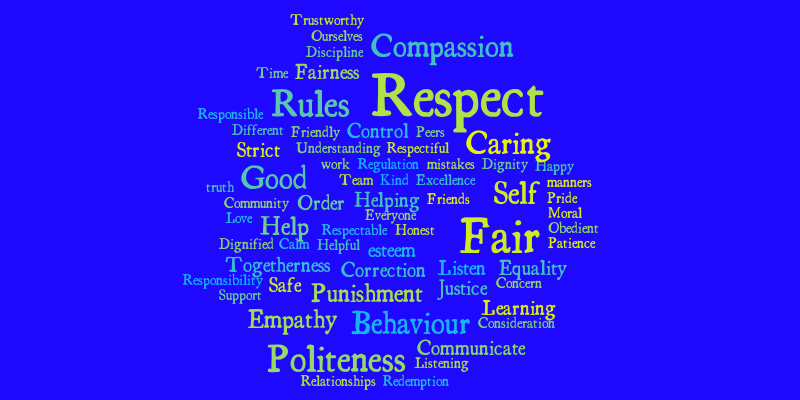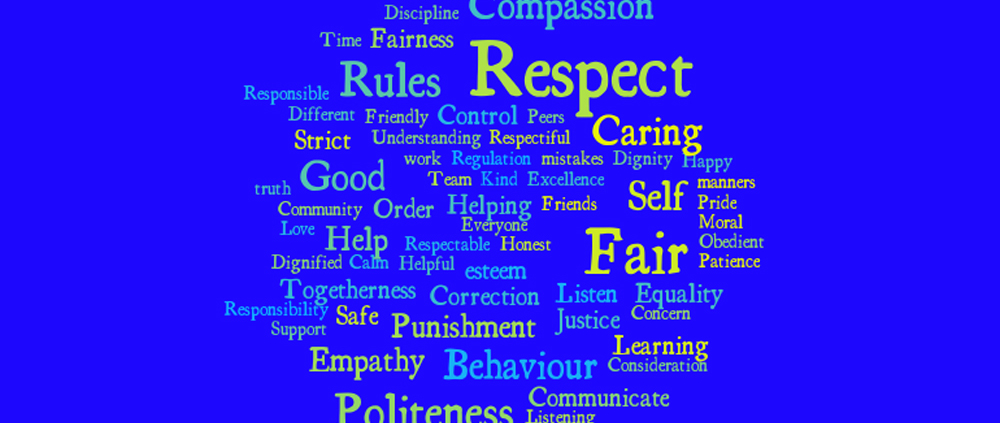What do You Want to Trust?
A Craving for Trust
We often instruct our couples to ask themselves a couple of questions: I invite you to ask yourself and answer these same questions. They will give you a sense of direction in your quest to build a trustworthy and trusting marriage.
The two questions are, “What do I want to be able to trust in my partner?” “What would I like my partner to trust in me?” Take a moment to answer those questions in your own mind. Set some of the negative feelings and emotions aside that might have built up over time, and quietly state to yourself how you want to be trustworthy and what trustworthiness would look like in your partner.
Do some things come to mind? Now see if any of your trust yearnings and issues might match up with heartfelt desires expressed by our many couples over the years.
The Three Baselines of Marriage Trust
There are basic expectations that all of us should be able to experience in our most important relationship. The first three of those we refer to as the Baselines of marriage trust. Certainly a human mistake in one of these need not doom a marriage, but any breaking of them must be recognized and resolved in a healthy manner or our relationship trust will be seriously damaged:
- Respect and Civility. We must have an expectation of being treated in a civil and
 manner, and a deep commitment to offer the same respect to others There is excuse for disrespect. Ever.
manner, and a deep commitment to offer the same respect to others There is excuse for disrespect. Ever.
- Next is Fidelity. We want to know our partner will be faithful and loyal, both
 physically and emotionally. We crave to feel that we are one-another’s top priority.
physically and emotionally. We crave to feel that we are one-another’s top priority.
- Charity and Forgiveness. We want to know that we are in a caring relationship where each partner freely gives
 without keeping score. We want, through forgiveness, to be able to cleanse the toxic air and debris that build up in marriage and family relationships as a result of human mistakes.
without keeping score. We want, through forgiveness, to be able to cleanse the toxic air and debris that build up in marriage and family relationships as a result of human mistakes.
Other Areas of Trust that Breathe Life Into Marriage
- To know that our partner puts us first in their life and shows that through behavior and words.
- We want to trust that we will receive emotional support and understanding, through thick and thin.
- We want to feel confident that our partner will be their word and follow through on promises and commitments.
- We want to trust that our partner will embrace their agreed-upon roles and responsibilities in the relationship.
- We want to know that we will not abandon one another in the face of inevitable conflict and disagreements. We want to feel safe to talk about and resolve differences without fear that divorce or walking out will be threatened or implied.
- We want to trust one another to never harm, reject, or control. We want to be accepted by one another.
- That our partner will be loyal to and accept us for who we are at this point in our journey (while still holding us accountable).
Did you hear some of your hopes and desires regarding trust in that partial list?
Perhaps you heard some items that you feel safe and secure about. That should provide you with a sense of hope that other foundational trust areas can also be strengthened. But you likely heard some trust issues that afflict your most important relationship. Have hope. Recognition is a big part of the battle toward change. Your commitment to that change will be the most important part of finding trust and trustworthiness.
Learn more about these challenges and beautiful opportunities in LIFE’s upcoming online course, “Rescuing Trust.”


